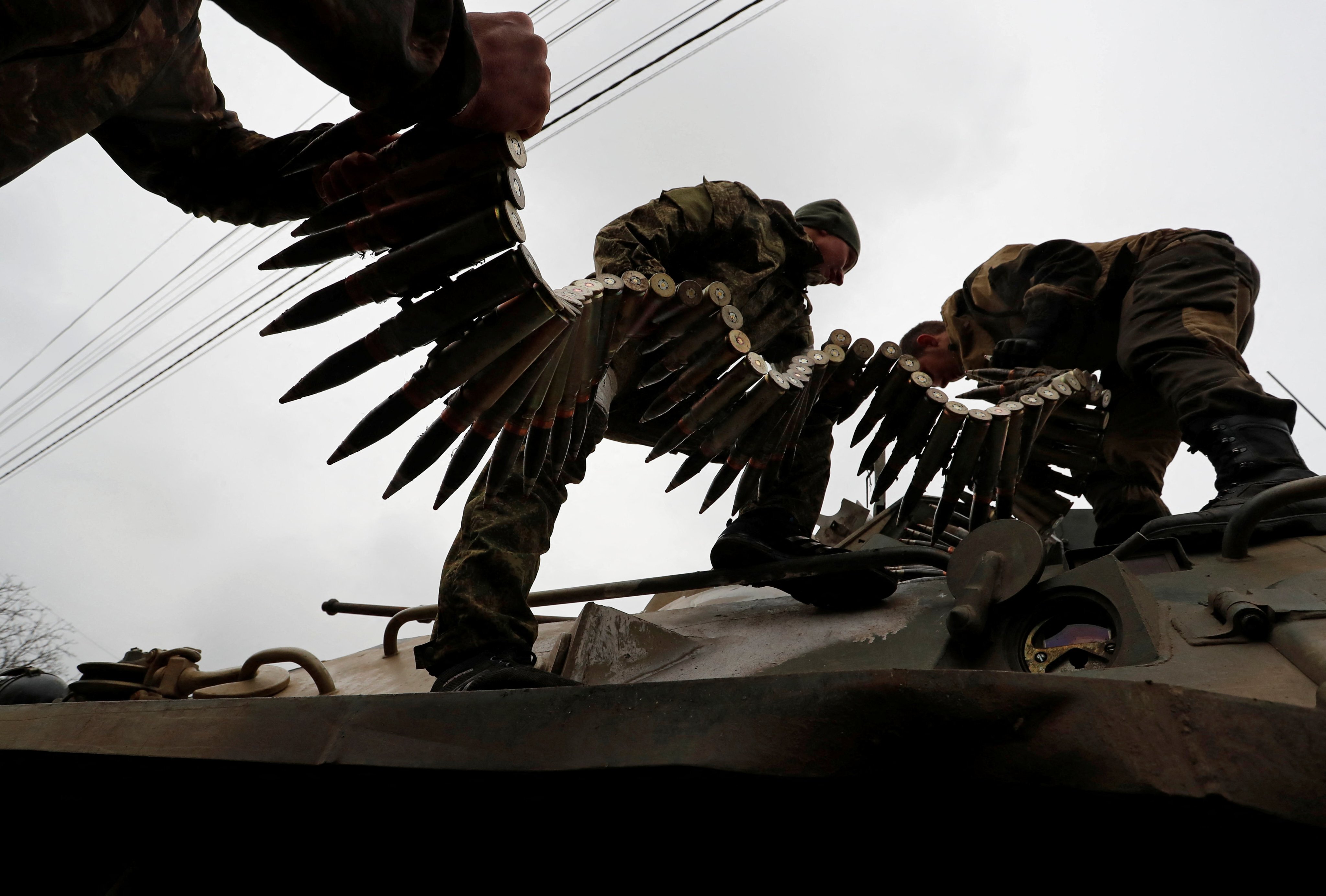
To display a nation’s power by boosting its military strength involves an endless chase and a huge financial burden, neither of which is welcomed by humankind.
Still, some nations choose to demonstrate their power by launching a war or testing ballistic missiles, thus causing additional pain to people still suffering from the pandemic, and exacerbating the ills visited upon planet Earth.
The world’s militaries are responsible for about 6 per cent of global greenhouse gas emissions, according to Scientists for Global Responsibility.
Today, most of humanity seeks harmony and sustainable economic prosperity, not war. Instead of increasing military spending year after year, channelling such huge resources into supporting the development of robust healthcare systems, better social security and genuine green products would benefit all.
Nations are desperately looking for clean energy for electricity, transport and manufacturing. They are also looking for sustainable food production methods, eco-friendly alternatives to problematic plastics, and technologies that can effectively sequester atmospheric carbon.
Developments that meet these goals will help the global economy recover. Nations owning genuinely green technologies will earn local and foreign investments, making them fiscally robust. This in turn will help them become truly powerful without hurting human populations or the environment.
The tension over natural gas supplies from Russia to many European countries is a hard lesson. It shows that many countries, despite ratifying the Paris Agreement, were too slow in transitioning their economies away from fossil fuels and towards self-sufficiency.
On the other hand, although Bhutan is a relatively small country in both size and population, its green achievements and commitments provide a good lesson. It is the first carbon-negative country in the world as a result of mandating that 60 per cent of its land be covered by forest at all times. It is self-sufficient in energy, the main source of which is hydroelectricity, the excess of which is exported, enabling it to earn revenue.
Bhutan is located between two superpowers, China and India. It does not possess a large military force for national defence yet enjoys peace and happiness.
Hong Kong relies heavily on energy imports to keep the economy thriving. It is therefore vulnerable to many external factors. Although the government has launched action plans and road maps focusing on climate action, the actual transition to clean and self-sufficient energy continues only at a snail’s pace!
An SCMP article contributed by Mr Edwin Lau,
Founder & Executive Director of The Green Earth